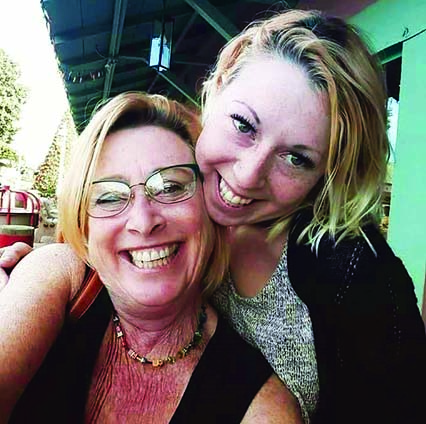What does it Offer? By D. Seth Jenkins, LPC With many years of experience working in this field, I have had the opportunity to work in facilities that offer faith...
What does it Offer?
By D. Seth Jenkins, LPC
With many years of experience working in this field, I have had the opportunity to work in facilities that offer faith based treatment and those that don’t. In a traditional “Minnesota Model” treatment center staff and therapists offer primarily Group therapy, psycho-education as well as supporting 12-step involvement. Faith based approaches include all of those things as well as opportunities for Bible study, Chapel, access to a Pastor, Daily Devotions and some type of formal or informal worship services. In our politically correct corporate world, therapists in a traditional non-faith based setting are encouraged to shy away from discussions about God. In a faith based-setting there is no such restriction.
Ask any alcoholic or addict
Ask any alcoholic or addict what their religious experience has been growing up and you will hear two of the most common responses; either “I did not grow up in a religious family,” or “I had religion shoved down my throat.” The second response for man — is the reason they are having trouble going to 12-step meetings and a deterrent for choosing faith-based treatment.
Many are familiar with the joke, “You can always tell an alcoholic… but you can’t tell him much.” The reason it is funny is because it is true; most alcoholics and addicts respond poorly to receiving a preaching. Often when they hear the word God they feel they are being sold something. They fear that hearing discussions about God will lead them to being forced into believing things that they do not.
What faith based treatment offers
Faith based treatment that incorporates 12-step involvement always involves discussion about the second and third steps. Step-2: Came to believe that a Power greater than ourselves could restore us to sanity. Step-3: Made a decision to turn our will and our lives over to the care of God as we understood Him. The second step can be narrowed down to two simple questions, “Do you believe there is a God and if so, can it do anything for you or provide healing in your life?” The third step can be turned into the question, “Are you willing to commit 100 percent to this belief, to give yourself completely to God?”
People of a religious nature can easily believe that the second and third steps mean, “I can invent a god that works for me; that God can be anything so long as it is a power greater than self.” In a faith-based setting we are not asking a person to re-invent their God, we are usually asking the client to renew or re-invigorate their relationship with God. God as we understood Him becomes about having a personal relationship through faith. In this way we can offer a person direction rather than preaching. We can help clients to find their personal relationship with their God by lighting the path and inviting them to walk it. When a person comes to treatment with a faith or belief in God we are not asking them why God doesn’t keep them sober. We are asking what about your relationship with God isn’t working; what are you failing to put into action.
Many people who struggle to find faith in the beginning choose to make the 12-step fellowship that power greater than self and the 12-step program the thing to turn one’s will and life over to or to commit to completely. In a faith-based setting we look at each individual’s spiritual understanding in the context of a journey. Many people have a different starting place, we cannot predict where their path will lead them but we want them to have a beginning. We understand that it is not for us to dictate what that starting place is but we are willing to have meaningful discussions about what is important to the client. We can discuss spiritual beliefs freely without a need to have our own spiritual experience or opinion influence the spiritual direction the client seeks.
Mere attendance at Church allows someone to label himself a Christian or whatever denomination he may choose, but that does not imply the individual behaves a certain way. In exactly the same way, mere attendance at a 12-step meeting does not keep a person sober. It is in the action. The 12 steps have been described as a spiritual program of action. This is why 12-step and faith based treatment merge so well. Frank discussions about how the steps work cannot avoid spiritual discussions. The 12-steps involve a spiritual program that invites the person working them to have a personal relationship with God (whatever that means to them.) Those with a spiritual understanding are also encouraged to have a personal relationship with their God, which for them is more clearly defined.
Many clients who come to treatment initially feel that they will either go to church or a 12-step program but not both. Those willing to stick around long enough will find that one can support the other and they are not mutually exclusive.
Calvary Center has been treating patients with addictions for over 48 years. Through most of those years, treatment has occurred in a residential setting. However recently, Calvary has expanded services to include inpatient medical detox, partial hospitalization (day treatment) and intensive outpatient services. Calvary works with all major insurance companies. To contact Calvary Center call 1-866-76-SOBER (866-767-6237), or visit www.calvarycenter.com.































